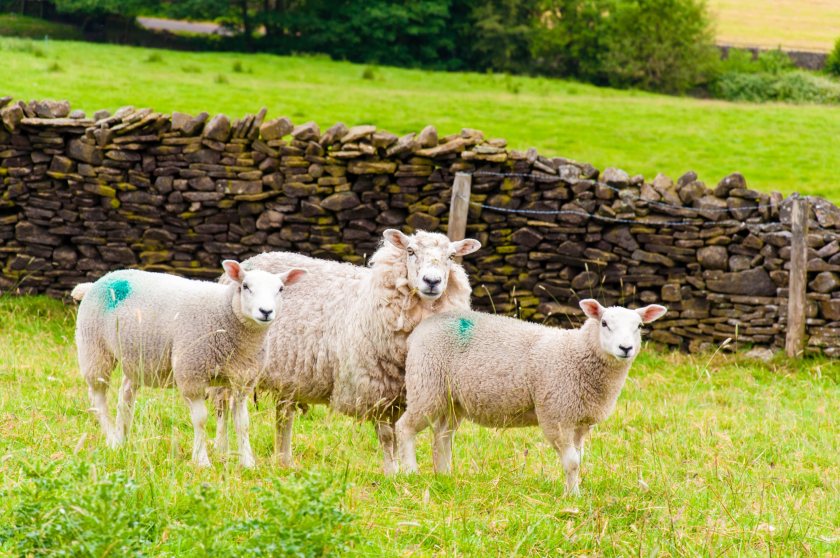
Three bluetongue vaccines have been approved for emergency use in Wales, with an online general licence to be made available in March.
Welsh ministers have agreed to licence the bluetongue (BTV-3) vaccines for livestock farms, and producers will be expected to pay for the cost themselves.
While Wales is currently free of BTV-3, a new risk assessment indicates a high risk of an incursion later this year.
Bluetongue virus is primarily transmitted by midge bites and affects cattle, goats, sheep, deer and camelids, with case numbers particularly high in northern Europe.
Symptoms include fever, lethargy, ulcers or sores in the mouth or nose, and reduced milk yield.
The Welsh government said it had been worked closely with the farming industry which requested all three BTV-3 vaccines be licenced for use in Wales.
They will be available on prescription and sold from veterinary practices and can be administered by livestock keepers themselves, the government said.
An online general licence will be available for vaccine use from 1 March.
The decision follows the continued spread of bluetongue virus cases in England, and in Europe, since August 2024.
In September 2024, three unauthorised BTV-3 vaccines received government permission for emergency use in the UK.
The vaccines were licenced for use in England last year and Welsh ministers’ decision to grant a licence means they can now be used in Wales.
Dr Richard Irvine, chief veterinary officer for Wales, said: "Our primary aim is to keep bluetongue out of Wales through biosecurity, vigilance and safe sourcing of livestock.
“Wales remains free of BTV-3, but it is important to be prepared. Vaccines give Welsh farmers an important tool to reduce any impact of this disease in their herds and flocks.
“I would encourage farmers considering vaccination to consult their veterinary surgeon to discuss whether vaccination is appropriate for their livestock.”
Vaccines must be prescribed by a veterinary surgeon and costs must be covered by livestock owners, the Welsh government said.
It added that detailed vaccination records must be maintained for five years.
